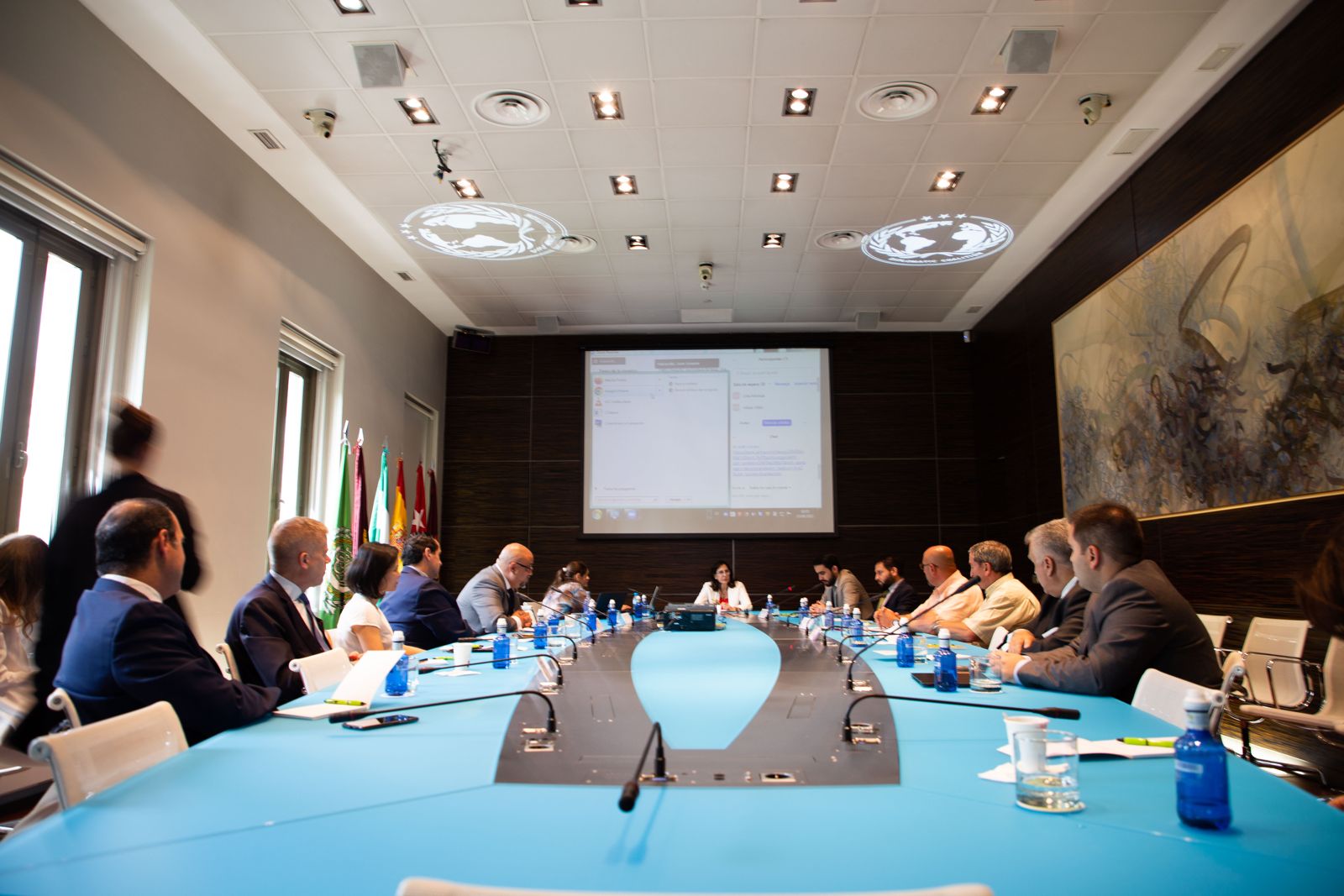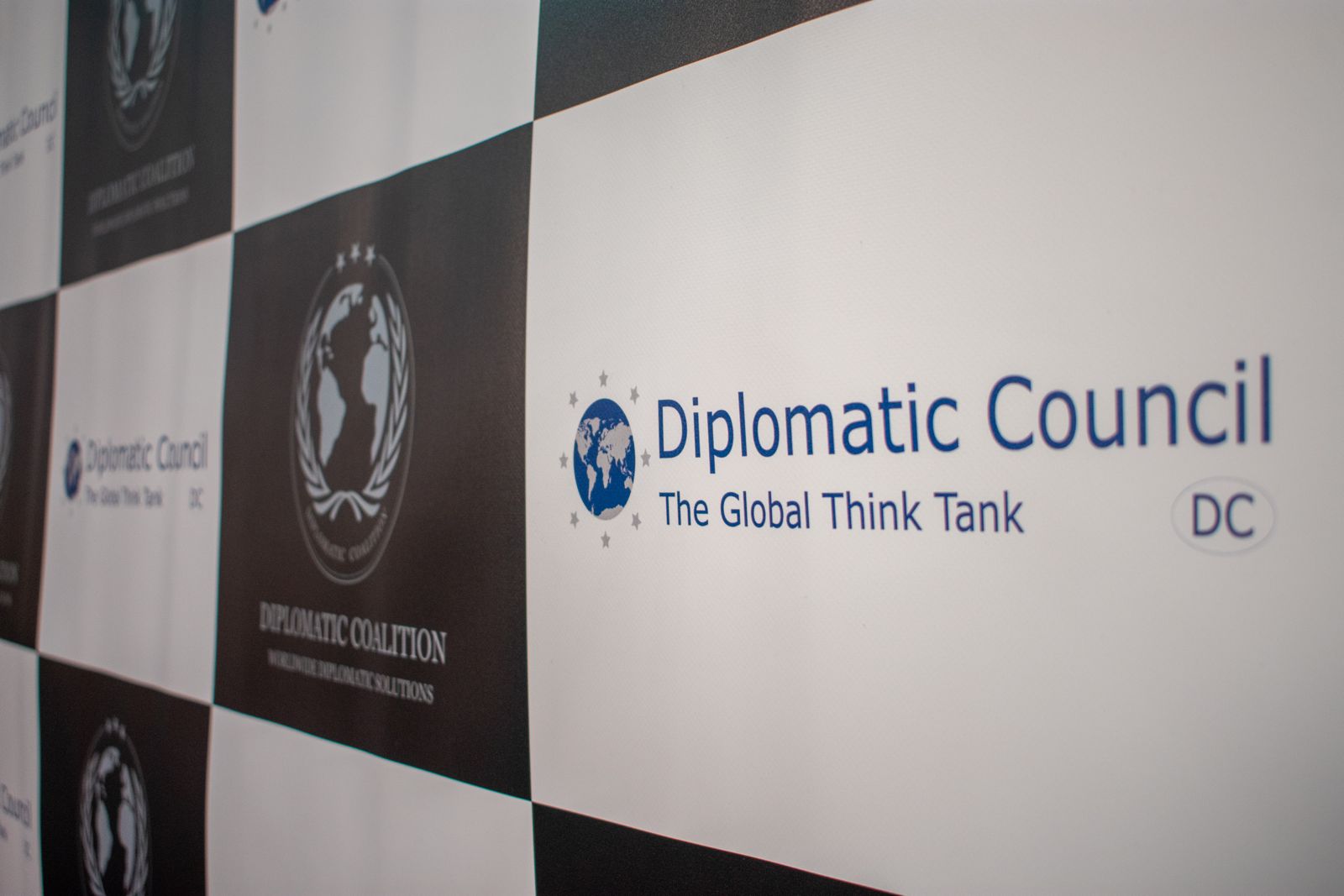
Subject to an international scenario that celebrates the logic of modern imperialism and reshapes a multipolar dynamic, fearing the escalation of a world war seems minor when we are under the threat of something far more dangerous: the gradual, silent collapse of our international system, once designed to prevent it.
The aggravated conflict between Iran and Israel, marked by veiled threats, cross-border anxiety, and detrimental military strikes, raises urgent questions about the current state of global diplomacy. The ripple effects of missiles, no longer confined to Middle Eastern grounds, are felt across nations. And yet, regardless of the immense gravity of the moment, inertia is the concept that best describes how the international community responded to a failed attempt at immediate coordination.
Diplomacy, at its core, arose from the creation of international institutions designed to impose order and pave a common ground for dialogue, the very same that today stand not as pillars of peace but as hollowed-out shells. Collective security and law feel distant from what is currently experienced. With empty, unweighted words, what the world is witnessing cannot be reduced to geopolitical dysfunctionality: it is the materialization of the obsolescence of diplomacy itself.
Economic interdependence, once championed as the antidote to war, has turned into a double-edged sword. While it once incentivized cooperation, it now acts as leverage for coercion. Sanctions, trade barriers, and the weaponization of supply chains reflect a world where economics serve confrontation more than connection. As nations retreat into strategic autonomy, the trust required for any multilateral framework slowly dissipates.
Iran and Palestine are engaged in ongoing conflicts that reverberate through the decades. Since the late 2010s, society has experienced the rise of unilateralist and populist governments, undermining the essence of multilateral engagement. Donald Trump’s presidency signaled a turning point in the international scenario, when diplomacy began to serve domestic narratives rather than function as a tool for international cooperation. With the abandonment of important agreements, norms are being deliberately violated, and institutions are defunded. Institutional decay accumulated over time; no single act triggered collapse.
In parallel, the digital battlefield has emerged as a central arena of geopolitical rivalry. Cyberattacks, disinformation campaigns, and AI-driven manipulation are reshaping how states confront one another. These tools erode public trust from within, bypassing conventional warfare and challenging the sovereignty of democratic systems. While missiles may dominate headlines, algorithmic influence is quietly redrawing the borders of influence and allegiance.
Adding to this complexity is the resurgence of ideological blocs under new disguises. While the Cold War binaries have dissolved, coalitions are reemerging not around ideology per se, but around transactional interests and regional dominance. From the BRICS to the AUKUS, the alphabet soup of modern alliances reflects not shared values, but shifting calculations. Loyalty is fluid, and the architecture of alliances is increasingly defined by immediacy rather than longevity.
The idea of security today is politicized and polarized. Defining it through the lens of collective well-being remains a distant, nostalgic dream. Weaponized and subject to widely varying interpretations across cultures and geopolitical contexts, security is ignored by many and taken for granted by others. This persistence of incoherence makes global consensus impossible. From Washington to Tehran, Gaza to Brussels, it becomes difficult to even discuss which measures to take when the world exists in complete dissonance, barely speaking the same language about what the threat even is.
The logic that justifies military aggression abroad is increasingly reflected in how states regulate their populations. The semantics of force, whether in domestic policy or international intervention, share an alarming number of similarities. When the tools of war and the tools of governance become indistinguishable, the signal is not merely policy failure, but systemic moral drift.
It is crucial to resist comparisons to past World Wars. In a context where lines are blurrier than ever, actors more diffuse, and consequences more unpredictable, 2025 is not 1939. We are witnessing not a sudden rupture, but extended deterioration. The structures that once ensured global order now scream for renovation.
Most countries are reluctant to commit directly to the Iran-Israel conflict, not out of pacifism, but because they no longer view diplomatic mechanisms as entities capable of fostering meaningful engagement. In the absence of decisive leadership, public perception becomes policy. Outrage is no longer global; it becomes selective, shaped by linguistic, cultural, and media biases. What angers one government becomes irrelevant to another. This moral fragmentation further erodes the potential for a collective response.
What defines this moment so treacherously is not the violence in the Middle East, but the global quietness that surrounds it. The true danger is not that diplomacy will fail, but that the world has already ceased hoping it can work.

Immersed in an international context where trade blocs are as strategic as military alliances, Brazil and the European Union have just made a subtle yet emphatic statement. A new chapter between the EU and Mercosur was formalized during the visit of European Council President António Costa to Brazil from May 27th to 29th. The meetings revealed unprecedented alignment between Brussels and Brasília, grounded in a shared vision of global progress.
Costa’s agenda, which included high-level discussions in Brasília with President Lula and Foreign Minister Mauro Vieira, as well as strategic meetings in São Paulo, reflected the increasing convergence between the two powers. Their dialogue focused on climate diplomacy, digital transformation, global governance, and joint strategies for the future. This renewed alignment comes at a pivotal moment, as the European Union seeks to diversify its international partnerships amid intensifying great-power competition and fragile global supply chains.
President Costa emphasized the strategic dimension of the partnership:
“Together, we can be an anchor of stability in the international economic order- a force of trust in a global system where rules matter and our shared values are upheld.”
The EU is currently Brazil’s second-largest trading partner and its top foreign investor, with over €300 billion in investment stock, representing around 40% of total FDI in the country. That figure continues to grow at double-digit rates annually. Symbolic at its inception, the EU–Brazil Investment Forum signaled that Brasília and Brussels are aligned in their economic agendas. Government officials and business leaders at the forum expressed optimism regarding the evolution of concrete projects in innovation and sustainable development.
A key milestone of the event was the launch of the EU–Brazil Investment Dialogue, marked by the signing of a Letter of Intent, a structured and formal mechanism for deepening economic cooperation. The Letter also acts as a catalyst for attracting investments aligned with digital transformation and climate goals. Costa’s presence in Brazil served as a political gesture of support for the long-delayed EU-Mercosur Association Agreement. With negotiations concluded in 2024, both parties now appear committed to ratification. The agreement, which would create a trade bloc of over 700 million people, has the potential to significantly boost trade and investment flows, making it one of the largest trade deals in the world.
Although no new treaties were signed during the visit, mutual endorsements of the Mercosur deal and the establishment of the investment dialogue were considered key steps in elevating the EU–Brazil partnership.
Costa’s visit also carried a broader geopolitical message. As the EU repositions itself amid ongoing tensions with Russia, economic dependency on China, and political rifts with the United States, Brazil emerges as a pivotal ally in Latin America. The country’s vast agricultural base, critical mineral resources, and leadership in alternative energy position it as a strategic partner in the EU’s pursuit of more resilient and diversified supply chains.
This renewed engagement supports the EU’s broader strategy of deepening ties with the Global South. Rather than viewing Brazil as a peripheral resource provider, Brussels increasingly sees it as a co-author of a new international order, one in which diplomacy, sustainability, and democratic values are intertwined in a mutually reinforcing partnership. With major upcoming milestones such as COP30 in Belém and the EU-CELAC Ministerial Summit in Colombia, the timing of Costa’s visit was no coincidence. It marked the opening of a diplomatic chapter that frames Brazil and the EU not merely as economic allies but as co-architects of a more inclusive and resilient global future.
Multilateralism, long disbelieved in an era of multipolarity, reemerged as the guiding principle of this renewed alliance. In reaffirming their partnership, Brazil and the EU delivered not only a political message but a call to action: challenging the logic of modern imperialism, and asserting that only through genuine collaboration can a sustainable system of global governance be achieved.